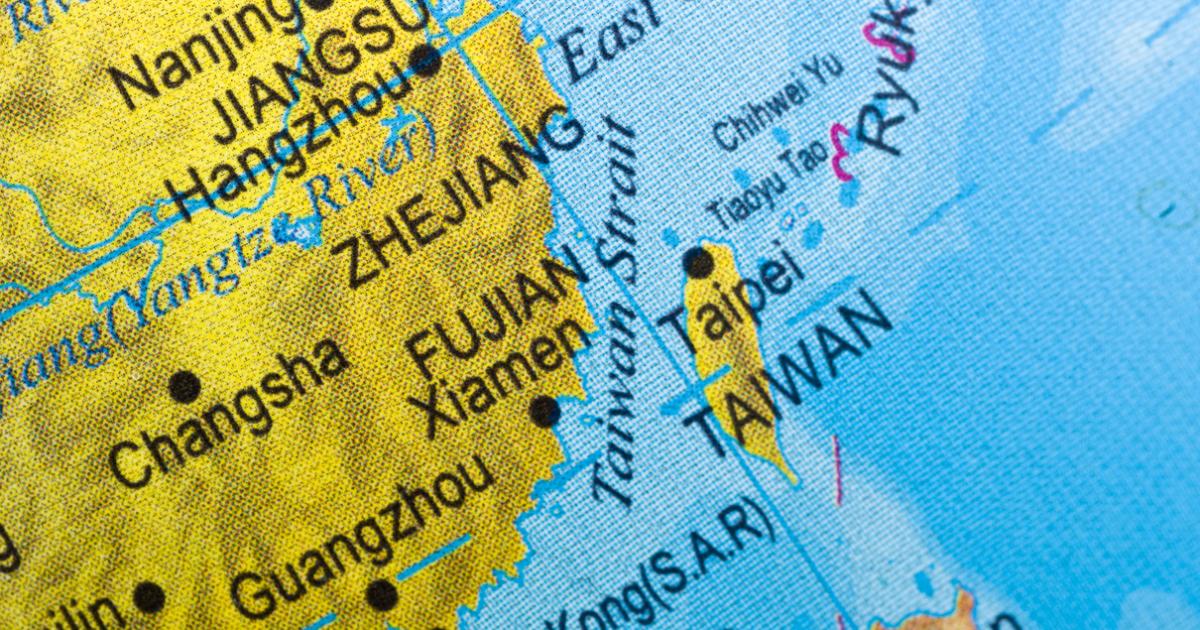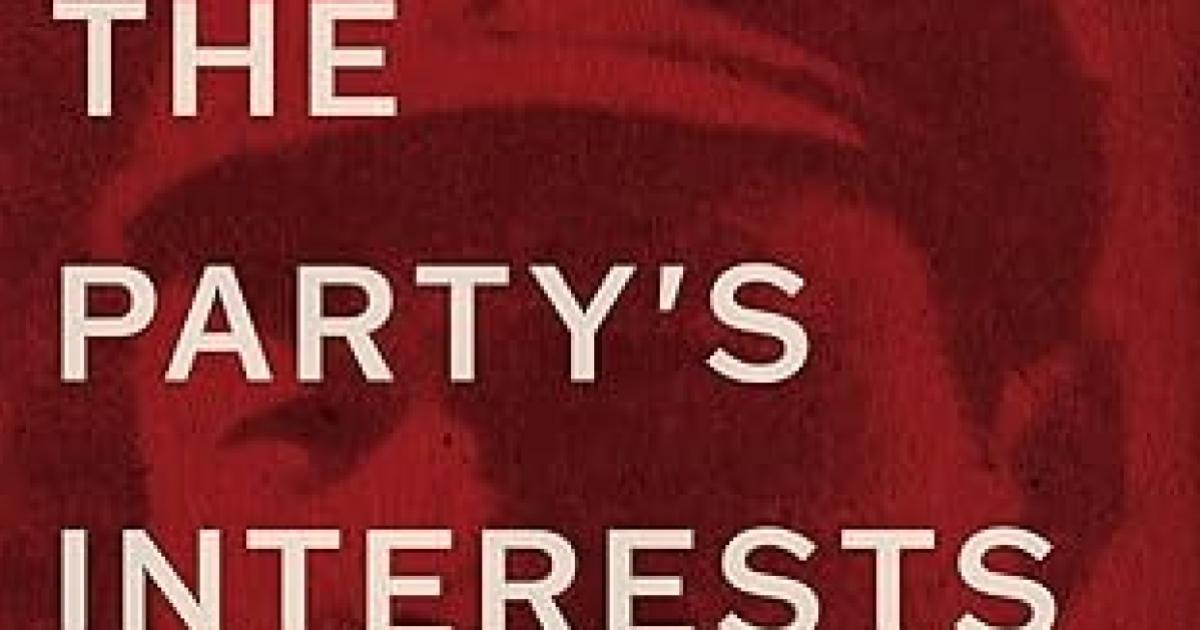Trump Advocates for a Resurgence of Columbus Day Amid Cultural Controversies

Columbus Day, recognized as one of the federal holidays in the United States, has recently found itself at the center of a heated cultural debate. Former President Donald Trump took to his platform, Truth Social, to announce his vision of reviving the celebration of Christopher Columbus, the Italian explorer credited with discovering the Americas in 1492. In a passionate post, Trump stated, I am hereby reinstating Columbus Day under the same rules, dates, and locations, as it has had for all of the many decades before! This declaration has reignited discussions surrounding the holiday that has undergone significant scrutiny and alteration over the years.
Historically, Columbus Day has been celebrated since it was first officially recognized in 1934 during the administration of President Franklin D. Roosevelt, initially commemorating Columbus' voyage across the Atlantic. The day is marked on the second Monday of October, providing a day off for many government workers and a time of celebration for Italian Americans. However, the context surrounding Columbus and his voyages has dramatically shifted over the last several decades, with many now questioning the merits of honoring a figure often associated with the onset of severe consequences for Indigenous populations.
Trump's comments come amidst a growing trend of recognition for Indigenous Peoples Day, an alternative observance that highlights the cultures and contributions of Native American populations. This movement gained momentum during the presidency of Joe Biden, who made history by recognizing Indigenous Peoples Day as a national observance concurrent with Columbus Day. Joe Bidens administration emphasized the importance of understanding and acknowledging the sacrifices made by Indigenous peoples throughout American history.
The evolution of Columbus Day into a point of contention can be traced back to the first official observance of the holiday in 1892, which occurred during a period marked by rampant anti-Italian sentiment in the United States. Notably, a year prior, an incident in New Orleans resulted in the lynching of 11 Sicilian immigrants, illustrating the societal tensions of that era. The recognition of Columbus Day served as a means of fostering Italian American pride amidst this discrimination.
However, over the past 50 years, the legacy of Columbus has increasingly come under fire. Critics argue that Columbus' arrival in the Americas led to the spread of diseases that devastated Indigenous communities and facilitated centuries of exploitation and oppression. Shannon Speed, a representative of the Chickasaw Nation and director of the UCLA American Indian Studies Center, articulated this perspective, stating that Columbus voyages initiated a genocide against Indigenous peoples. This dramatic reevaluation has led various cities and states to either rename the holiday or abandon its recognition entirely. A recent study by the Pew Research Center revealed that only 16 states and American Samoa currently observe Columbus Day officially.
The cultural shift surrounding Columbus Day gained significant momentum following the racial justice protests of 2020, prompting numerous municipalities to remove statues of Columbus, especially in states like Ohio and New Jersey. According to an analysis by the Washington Post and MIT, over 40 Columbus monuments had been dismantled since 2018, while more than 130 remained standing across the country.
Indigenous Peoples Day, first proposed in 1977 during a United Nations conference, seeks to foster a deeper understanding of Indigenous history and culture in the United States. Prominent voices, including Mandy Van Heuvelen from the Smithsonian's National Museum of the American Indian, have advocated for the observance as a day of reflection and acknowledgment of the diverse histories of Indigenous peoples.
In his latest remarks, Trump criticized the Democratic Party, claiming they have worked tirelessly to tarnish Columbus' reputation and diminish his significance to Italian Americans. He expressed frustration over the removal of Columbus statues, positing that such actions were part of a broader "WOKE" agenda. Italian American organizations have responded positively to Trump's statements, with the Order Sons and Daughters of Italy in America expressing gratitude for the recognition, calling it profoundly symbolic for the community. They emphasized Columbus Day as a reflection of their history and resilience against discrimination.
Robert Allegrini, president and CEO of the National Italian American Foundation, echoed this sentiment, acknowledging Trumps commitment to preserving the celebration of Columbus Day. As discussions surrounding the holiday continue to unfold, the cultural clash between the recognition of Columbus Day and Indigenous Peoples Day remains a prominent topic in American society, reflecting the complexities of heritage, history, and acknowledgment of marginalized communities.






















